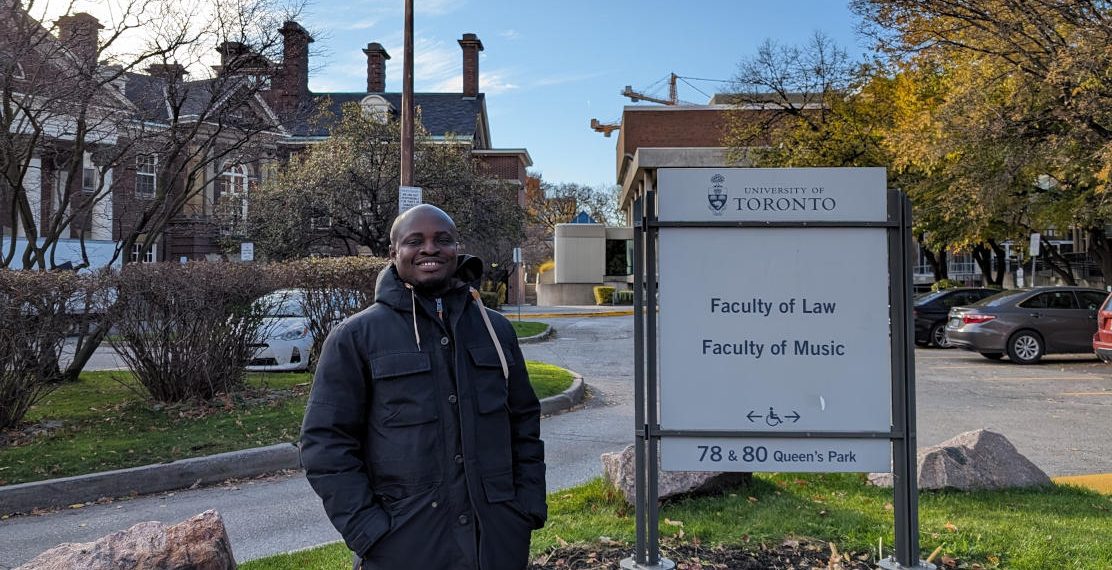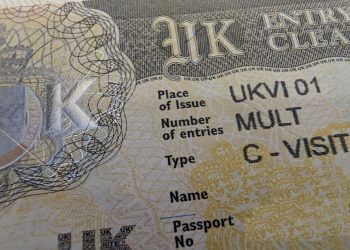British Columbia’s provincial attestation letter (PAL) system is now in effect as of March 4, 2024. This system requires international students to submit a PAL with their study permit application to demonstrate acceptance by a Designated Learning Institution (DLI) within the allocated limits. The B.C. government issues PALs to institutions, who then provide the letters to international applicants.
The province has been allocated a total of 83,000 undergraduate study permit applications by Immigration Refugees and Citizenship Canada (IRCC) for 2024. This allocation is expected to result in around 50,000 approved study permit applications, based on previous acceptance rates. In comparison, there were 97,000 study permit applications for undergraduate programs in B.C. last year, leading to approximately 60,000 approved permits.
The PAL system in B.C. is the first to be released following IRCC’s introduction of a cap on study permits issued in 2024. Other provinces are anticipated to follow suit to meet the March 31 deadline.
IRCC announced on January 22, 2023, that they would issue up to 360,000 new study permits in 2024, marking a 35% reduction from 2023 levels. The cap does not apply to study permit renewals, master’s, or doctoral degrees. Study permits will be distributed to provinces based on population, with British Columbia being Canada’s third most populous province.
The cap implementation was prompted by concerns about the sustainability of Canada’s international student program. There were over one million active study permits in Canada in 2023, contributing to challenges such as affordable housing shortages. Immigration Minister Marc Miller highlighted the need to address “unsustainable growth” in the international student program.
B.C. has introduced measures to address the impact of the cap, particularly on private institutions. Approvals for new post-secondary institutions enrolling international students have been paused until February 2026. The province has also implemented higher standards for private degree programs, including stricter criteria for degree quality, labor-market demand, and student support.
In addition, minimum language requirements have been established for students at private institutions to better prepare them for academic life in B.C. These measures aim to ensure the sustainability and quality of the provincial international student program.
Still have some travel questions? Ask in our Travel WhatsApp Group.








